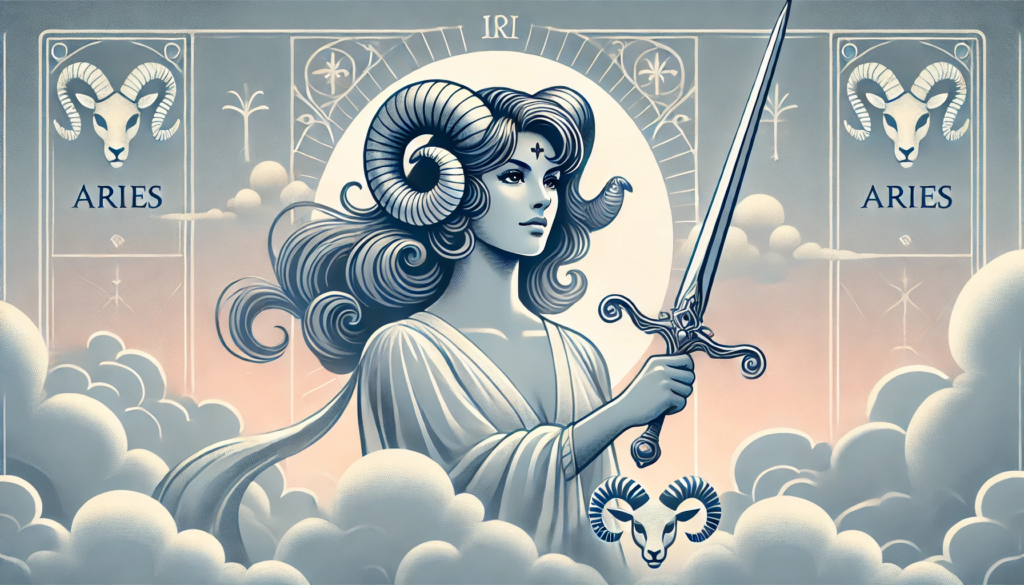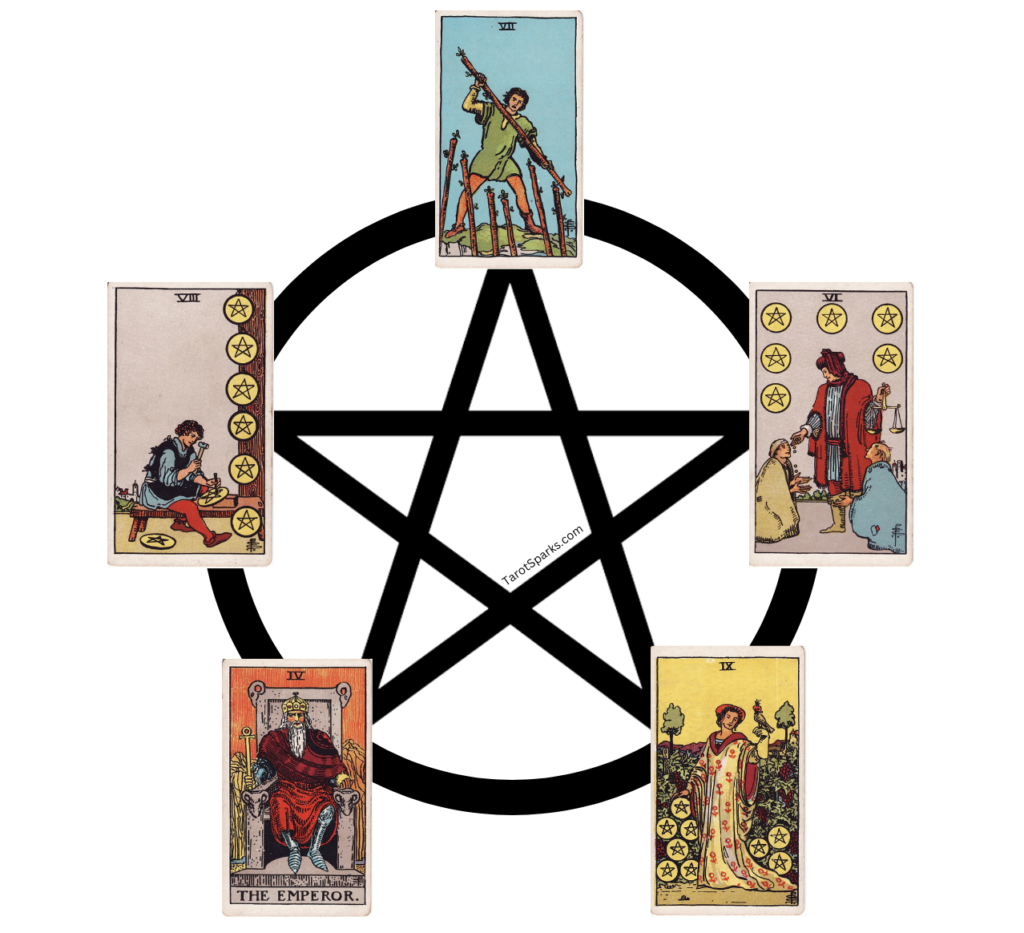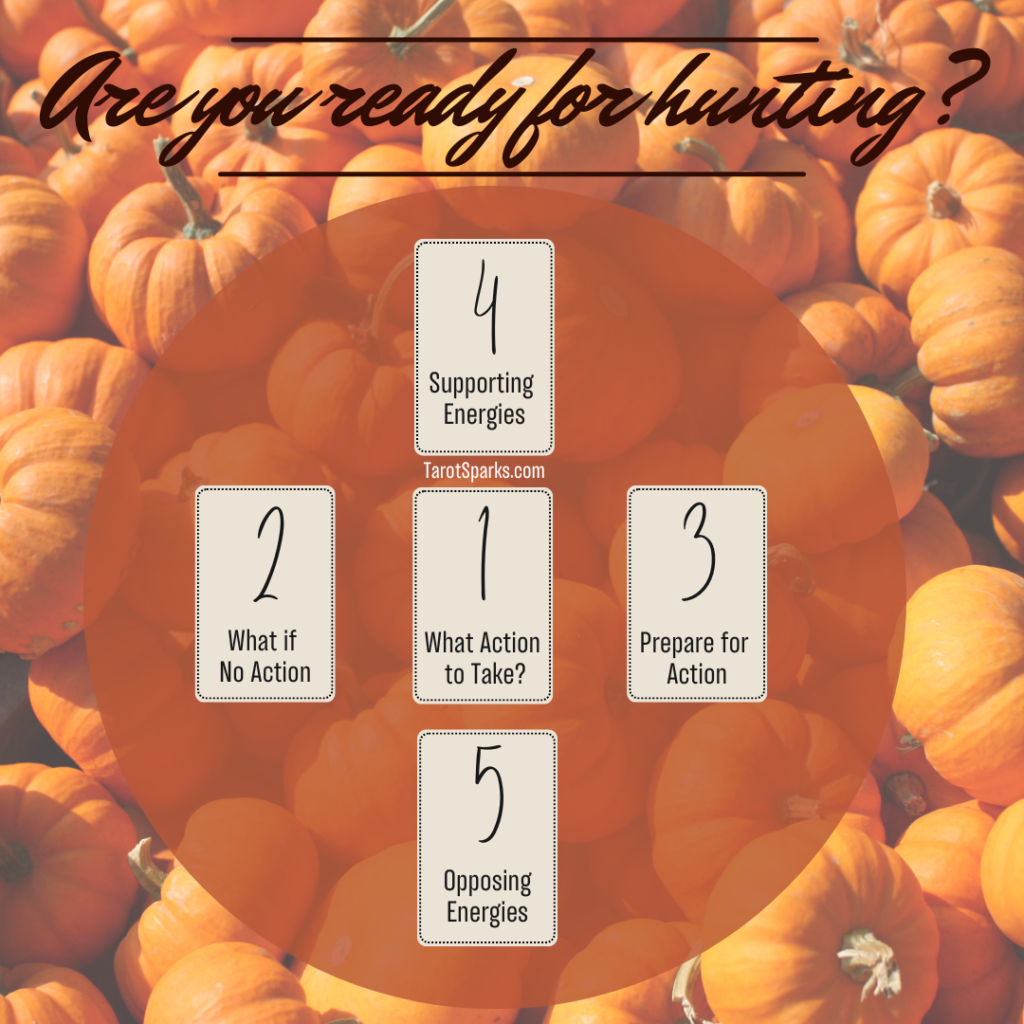As we step into November, the Tarot offers each zodiac sign unique guidance, illuminating the paths of change, growth, and introspection. The energies of this month call for both courage and clarity as we encounter opportunities for fresh beginnings, deep healing, and inner strength. Each card selected aligns with the spirit of the season, encouraging us to dive deep within and release what no longer serves us to make room for what does.
This November tarotscope is a guide to help each zodiac sign navigate the energies of transformation with resilience, wisdom, and purpose. Dive into your sign’s message and motto for the month ahead, and remember: the power to create positive change lies within you. Below you will find detailed interpretations for each zodiac sign with the influence of the Devil card as the shadow for all signs. Let’s have a look what November brings.
Aries: Queen of Swords

“Speak your truth with clarity and confidence.”
…

